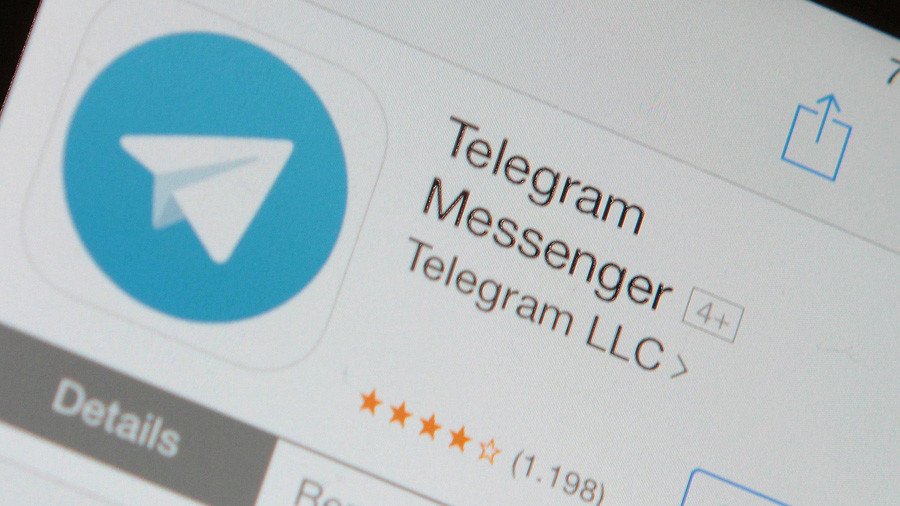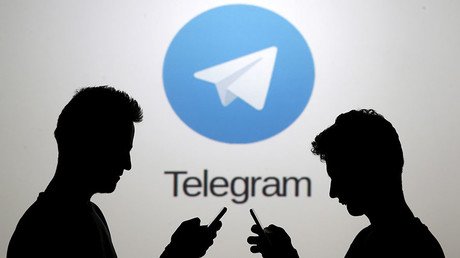Telegram briefly vanishes from App Store due to ‘inappropriate content’

Apple pulled the messaging app Telegram from the App Store for several hours over “inappropriate content” on the platform, Telegram founder and chief executive Pavel Durov said.
“We were alerted by Apple that inappropriate content was made available to our users and both apps were taken off the App Store. Once we have protections in place, we expect the apps to be back on the App Store,” Durov tweeted Thursday. A few hours later, Durov tweeted that “Telegram is back on the App Store after being unavailable from midnight CET [Central European Time].”
We were alerted by Apple that inappropriate content was made available to our users and both apps were taken off the App Store. Once we have protections in place we expect the apps to be back on the App Store.
— Pavel Durov (@durov) February 1, 2018
Durov was referring to Telegram and its alternative, upgraded version, Telegram X.
Apple’s review guidelines say that the applications presented in the App store must follow “its standard metadata rules and should not include inappropriate content, reference other apps, or make unverifiable product claims.” Apple says it may modify inappropriate keywords at any time.
App Store guidelines also prohibit “upsetting or offensive content,” which includes depictions that “encourage illegal or reckless use of weapons and dangerous objects.”
Apps with user-generated content must have “a method for filtering objectionable material from being posted to the app,” as well as a way to report offensive content and an ability to block abusive users.
RT has contacted Apple and Telegram for further information on the issue.
Created by brothers Nikolai and Pavel Durov in 2013, Telegram provides a messaging service with optional end-to-end encryption.
A number of countries have criticized the messaging app for being a tool for terrorists, as the app is reported to be widely used among Islamic State (IS, formerly ISIS) sympathizers. The Russian Federal Security Service claimed the service had been used by the terrorists who carried out the St. Petersburg metro attack in April 2017. Indonesia later blocked access to web versions of the encrypted messaging service, citing concerns that the app was being used to spread “terrorist propaganda.”
















